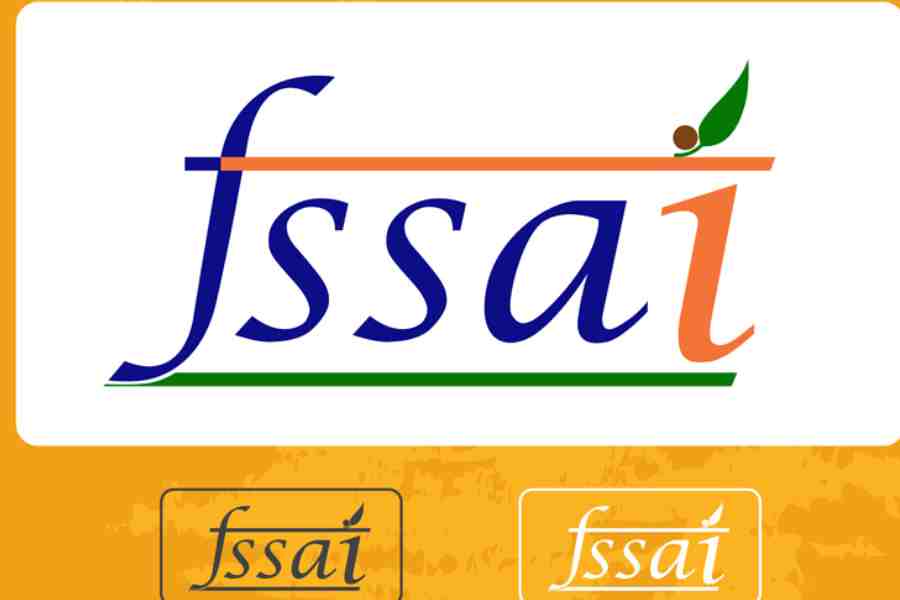An order from India’s apex food safety regulator asking food manufacturers to submit six-monthly tests on their products lacks scientific principles, disregards potential for fraud and threatens thousands of small businesses with economic ruin, food manufacturers’ groups claimed on Friday.
Dozens of dairy, farm and food-sector groups from across the country have opposed the order from the Food Safety and Standards Authority of India (FSSAI), also saying it is tantamount to the regulator evading its own responsibility for food-safety testing.
The FSSAI order, issued on January 13 this year, asks all licensed food manufacturers to test their products for chemical or microbial contamination in their own or government-accredited labs and upload the results on an FSSAI portal at least once in six months.
Until now, regulatory and quality checks over food products across the country have depended mainly on random sample tests by the FSSAI’s own food safety inspectors. Some large food enterprises also have their own in-house testing labs. The order mandates an additional self-testing requirement on all food enterprises.
The manufacturers’ groups, in a letter sent to the FSSAI on Friday, have asked the regulator to withdraw the order.
They have expressed concern about the economic and logistical burden of the six-monthly tests on small and medium food manufacturing enterprises.
The signatories include representatives of small and medium enterprises making myriad food products — including dairy products such as milk, ghee, cheese and paneer, snacks such as chikkis, chaklis and theplas, condiments, honey, jam, papads, pickles and sambar and rasam powders.
“This could become an existential threat to many small food enterprises,” said the director of a honey-making enterprise in Tamil Nadu, who requested anonymity.
“It costs us Rs 35,000 to test each flavour and we have nine flavours. Every six months, it’s a big cost.”
Small food enterprises are typically entities with annual turnovers below Rs 12 lakh, while those with annual turnovers between Rs 12 lakh and Rs 20 crore are classified as medium food enterprises.
All food manufacturers — small, medium and big — need to register with the FSSAI and adhere to its regulations.
The FSSAI website says India had over 3.8 million registered food business enterprises in October 2021. Food industry executives estimate nearly three million are small enterprises.
Those opposing the order are also asking why the FSSAI is thrusting the responsibility for food-testing on the manufacturers when it itself represents the regulatory apparatus for routine food-safety testing and has food safety officers responsible for this task.
“The FSSAI may pick up any sample of our honey from anywhere and test it,” the director said.
The food producers’ letter to the FSSAI has also challenged the logic of the six-monthly testing. “The once-in-six-months rule appears to have no scientific basis,” said Kavitha Kuruganti, a representative of the Alliance for Sustainable and Holistic Agriculture, a network of farm groups.
Some products such as snacks or condiments might have edible life cycles lasting only days to weeks. Signatories to the letter have said it is unclear how the six-monthly testing would provide any useful information on products with much shorter life cycles.
The letter has also flagged concerns about a conflict of interest — food manufacturers themselves are being asked to test their own products — and the potential for fraud under the self-testing order that some say appears to disregard the FSSAI’s testing obligations.
“Under the existing regulatory regime, food safety officers from the FSSAI are expected to pick up and test random samples,” Kuruganti said. “It is unclear what prompted the FSSAI to ask food producers to also take up this responsibility.”
Email queries sent by this newspaper on Friday to FSSAI officials seeking their responses to the concerns expressed by those opposing the January 13 order have not evoked any reply.
The signatories include dozens of food producers from Bengal, Gujarat, Haryana, Karnataka, Kerala, Maharashtra, Punjab, Rajasthan, Tamil Nadu, Telangana and Uttar Pradesh, among other states.
“We’re waking up late to the January order — but in recent weeks, some of the signatories received messages from the FSSAI to upload their test results,” one of the signatories said. “This letter sent today reflects our collective concerns.”












